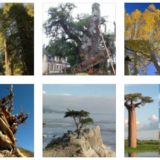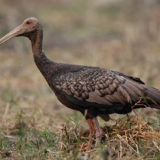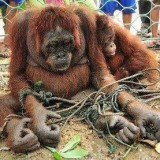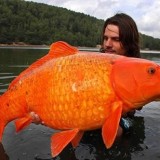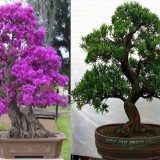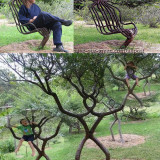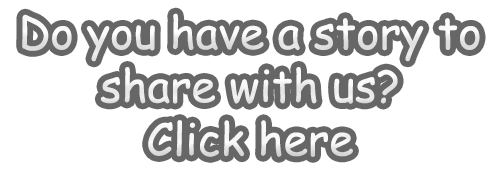Photosynthetic sea slug: A mystery of genes
Photosynthetic sea slug
Eastern emerald elysia (Elysia chlorotica), a small-to-medium-sized species of green sea slug, with a gelatinous leaf-shaped body, is one of the “solar-powered sea slugs”, utilizing solar energy via chloroplasts from its algal food. Mary Rumpho, University of Maine, discovered how the sea slug photosynthesizes with genes “stolen” from the algae it eats. Elysia chlorotica feeds on the intertidal algae Vaucheria litorea by puncturing the algal cell wall with its radula ( an anatomical structure that is used by molluscs for feeding). Instead of digesting the entire cell contents, or passing the contents through its gut unscathed, it retains only the algal chloroplasts, by storing them within its own cells throughout its extensive gut. Chloroplasts only contain enough DNA to encode about 10% of the proteins needed to keep themselves running.
Now, the question arises- “How do they continue to function in an animal cell missing all of these proteins?”. Rumpho and her co-researchers found that if the sea slug used the algal chloroplasts alone, it would not have all the genes needed to photosynthesize. Elysia chlorotica must possess photosynthesis-supporting genes within its own nuclear genome; most likely acquired through horizontal gene transfer. In simple words, the sea slug stole the genes of its food- Vaucheria litorea, a phenomenon known as kleptoplasty.
There are two possible explanations:
1) Once the algal gene is taken into the gut epithelial cells, it is incorporated into the sea slug’s own DNA, through a process called recombination.
2) Another theory is that a virus acts as the carrier of algal genes into the host genome.
The researchers found a vital algal gene, psbO, in the sea slug’s DNA, identical to the algal version. In another surprising development, the researchers found the algal gene in E. chlorotica’s sex cells, meaning the ability to maintain functional chloroplasts could be passed to the next generation.



